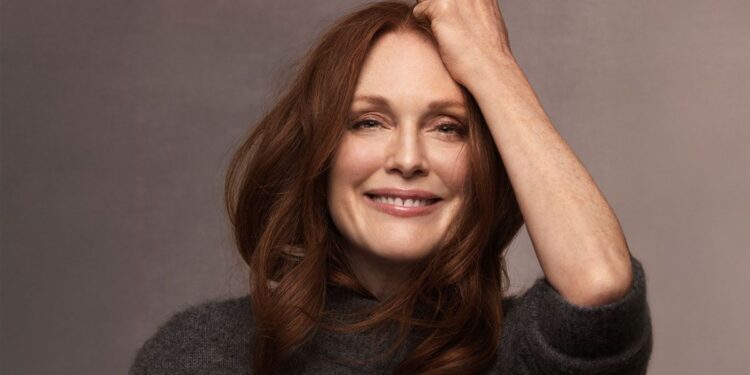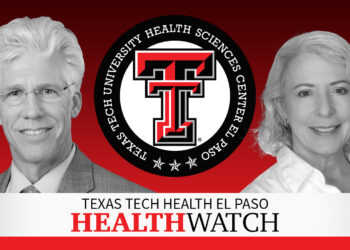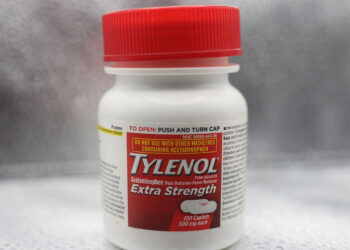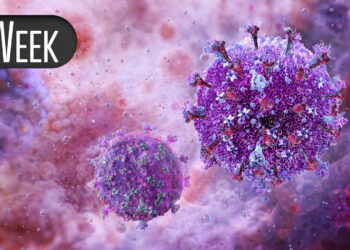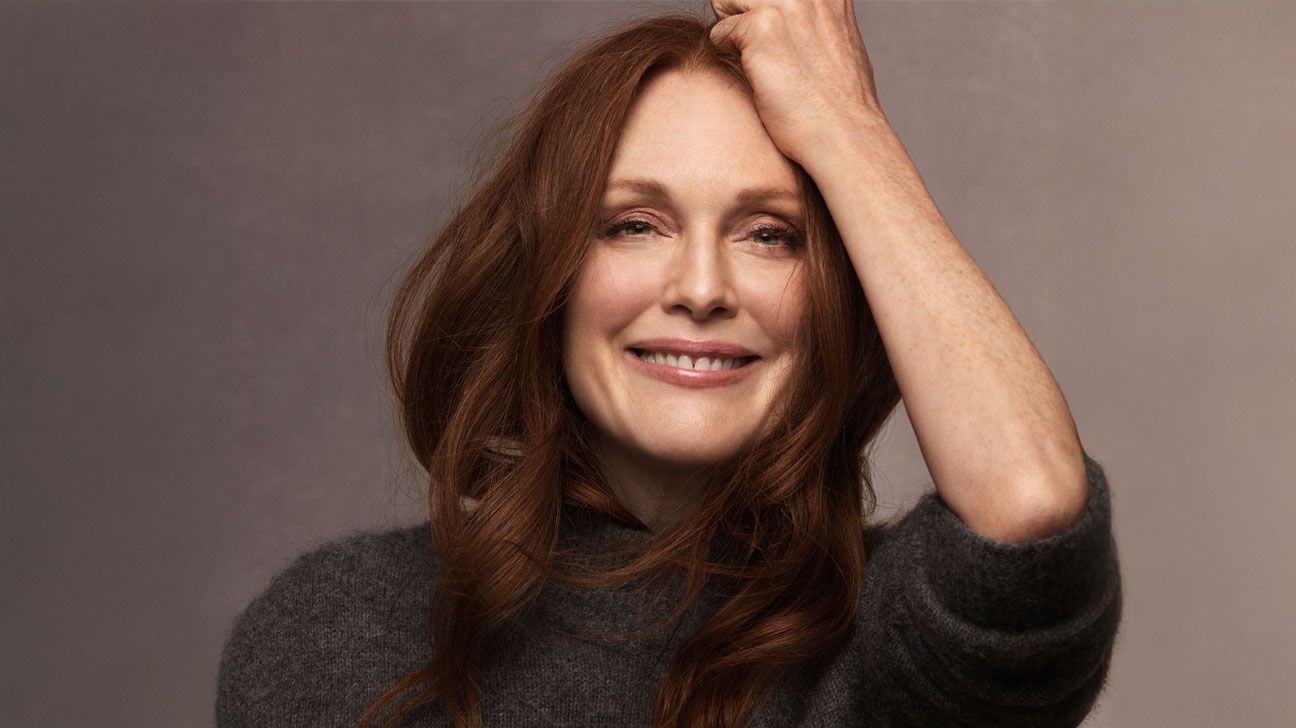
- Academy Award winner Julianne Moore is speaking out about Alzheimer’s disease.
- The “Sirens” actor recently teamed up with Eli Lilly to advocate for brain health.
- Moore won an Oscar in 2015 for her role in “Still Alice” as a woman with early onset Alzheimer’s.
Acclaimed actor Julianne Moore was awarded an Oscar in 2015 for her role in the movie Still Alice. Moore played a linguistics professor who was diagnosed with early onset Alzheimer’s at the age of 50.
“At the time that we shot it… I knew absolutely nothing about Alzheimer’s. I had never met anybody with Alzheimer’s. I had never really observed the behavior, and it was really important to me to get it right, so I had about two months to do the research, and I did everything I could,” Moore told Healthline.
Moore recalled watching movies about Alzheimer’s and dementia, meeting with doctors who treat the disease, visiting care facilities, and talking with people living with different stages of the condition, as well as their caregivers.
“The amount I learned was tremendous. It was absolutely fascinating and really, really engaging and eye-opening,” Moore said.
“For so long, people just assumed that this was something that happened. I think now we’re much more aware that Alzheimer’s is a disease. That it’s progressive. That it doesn’t hit you all at once,” she said.
Ten years after filming “Still Alice,” the disease hits closer to home for Moore.
“I’m seeing it in people I’ve work with in my career and in people that I knew at my children’s schools,” she said. “So, it’s great to talk about this now.”
Moore partnered with Eli Lilly & Co. for its Brain Health Matters campaign, which emphasizes the importance of proactive brain health.
An estimated 4 in 5 Americans report wanting to know if they have Alzheimer’s before symptoms develop. As such, Moore’s campaign aims to empower people to start early, have ongoing conversations with their doctors about Alzheimer’s risk factors, and adopt habits that support lifelong brain health.
“As we’re living longer lives, we want to live longer, healthier lives and take responsibility to do so,” Moore said.
“[I] encourage people to talk with their doctor about it so when you go for a checkup, say, ‘I want to talk about my risk for Alzheimer’s. I want to talk about lifestyle changes I can make that will mitigate that risk. I’d like to have a cognitive assessment to see where I’m falling rather than waiting until something is wrong.”
As she ages, Moore said she thinks about her health more often.
“Certainly, when you are 18 or 20 years old, your health is the last thing you think about. You take it for granted. As you get older, you think about all this stuff all the time,” she said.
It might not be possible to fully prevent Alzheimer’s disease, due to various factors.
Still, Hillary A. Parker, PhD, director of geriatric neuropsychology service at The Ohio State University Wexner Medical Center, noted that
“Arguably, your younger years are some of the most impactful for building healthy habits that support short- and long-term brain health,” Parker told Healthline.
She recommended the following:
Physical strategies
“Move your body regularly (walking counts), avoid smoking and heavy alcohol use, and manage chronic conditions, such as hypertension and diabetes,” Parker recommended. “It is never too early or too late to get started.”
“[This] reinforces the importance of regular exams and taking steps to address these sensory changes when possible,” Parker said.
Cognitive strategies
Pursuing educational opportunities and mentally stimulating activities can help the brain stay sharp. “Brain training” can help increase resilience when faced with injury or disease, a phenomenon called cognitive reserve.
“Research shows that there is no one brain training program or activity that is superior,” Parker noted.
“Rather, it is important that you find what interests and challenges you, whether it be crossword puzzles, playing an instrument, reading, gaming, traveling, woodworking, gardening, or almost anything else.”
Social strategies
“Strong social ties pay dividends across the lifespan including directly supporting brain health and mental wellness,” said Parker.
Some clinical or outward signs of Alzheimer’s, such as memory loss, do not always indicate that Alzheimer’s disease pathology is present in the brain.
“Many folks I see in clinic often worry that any sign of forgetfulness means they are on a path to Alzheimer’s disease,” Parker said. “It’s important to understand that there are typical age-related cognitive changes that are not necessarily signs of disease.”
Examples of age-related forgetfulness may include:
- misplacing keys
- word finding trouble or “tip of the tongue” phenomenon
- forgetting the reason for walking into a room
- taking longer to complete tasks than before
“There are also other problems that can cause cognitive difficulties, such as depression, sleep apnea, heavy alcohol use, poorly controlled diabetes, nutritional deficiencies, infections, and many others,” Parker said.
If you’re concerned about your Alzheimer’s risk due to a family history of dementia, Parker said genetics plays a small role in Alzheimer’s disease occurring in those 60 and older. “Personal history often matters as much or more,” she noted.
However, early-age onset Alzheimer’s disease, like Moore’s character in “Still Alice,” is more often associated with genetic risks.
If you’re over 50 and experiencing memory loss that extends beyond forgetfulness, Parker recommended talking with a healthcare professional and asking for a comprehensive workup.
“Consultation with a neuropsychologist and cognitive neurologist can be especially helpful to get to the root cause of your memory concerns and develop an individualized treatment plan,” she said.
Source link : https://www.healthline.com/health-news/julianne-moore-brain-health-alzheimers-prevention
Author :
Publish date : 2025-09-14 07:31:46
Copyright for syndicated content belongs to the linked Source.

